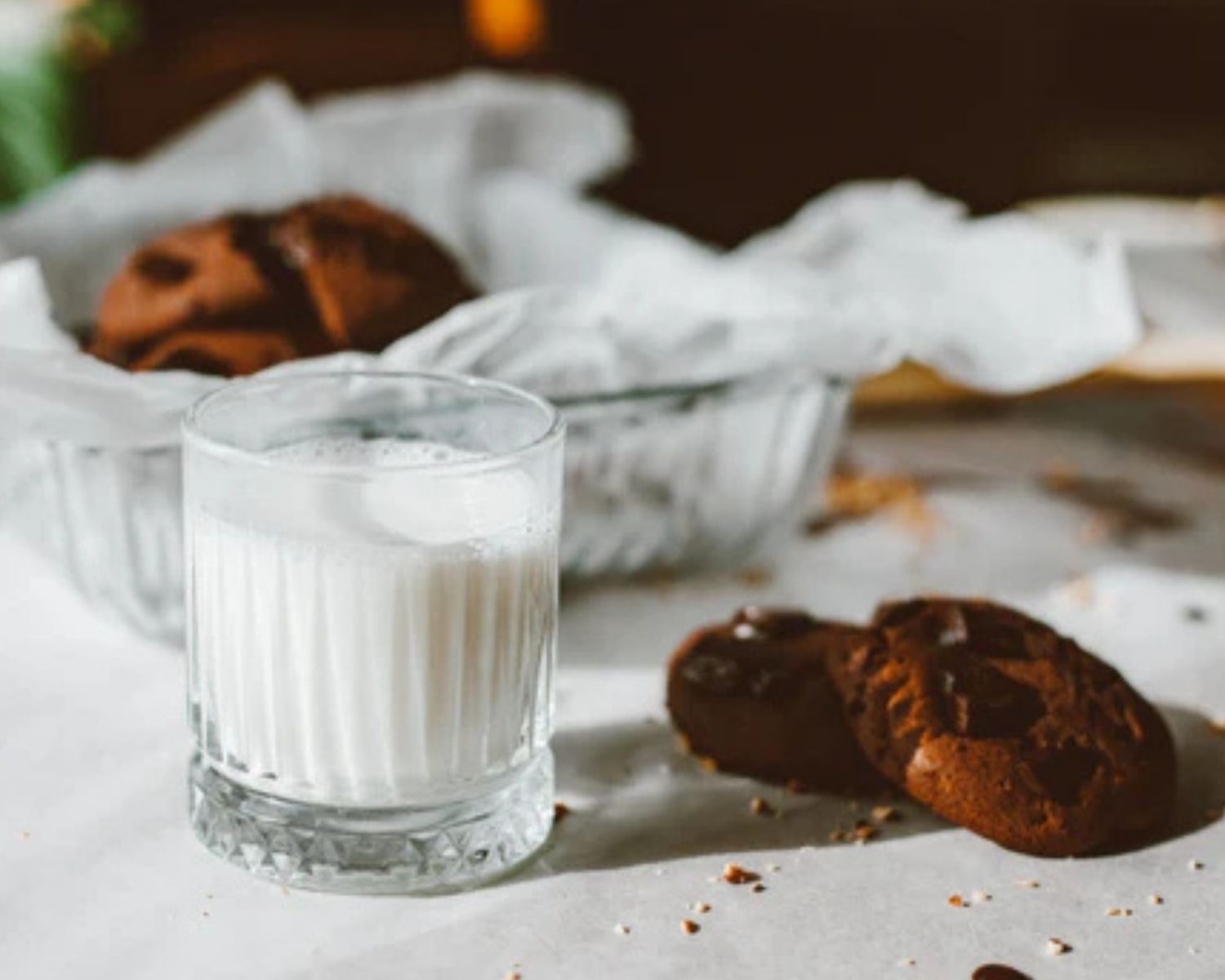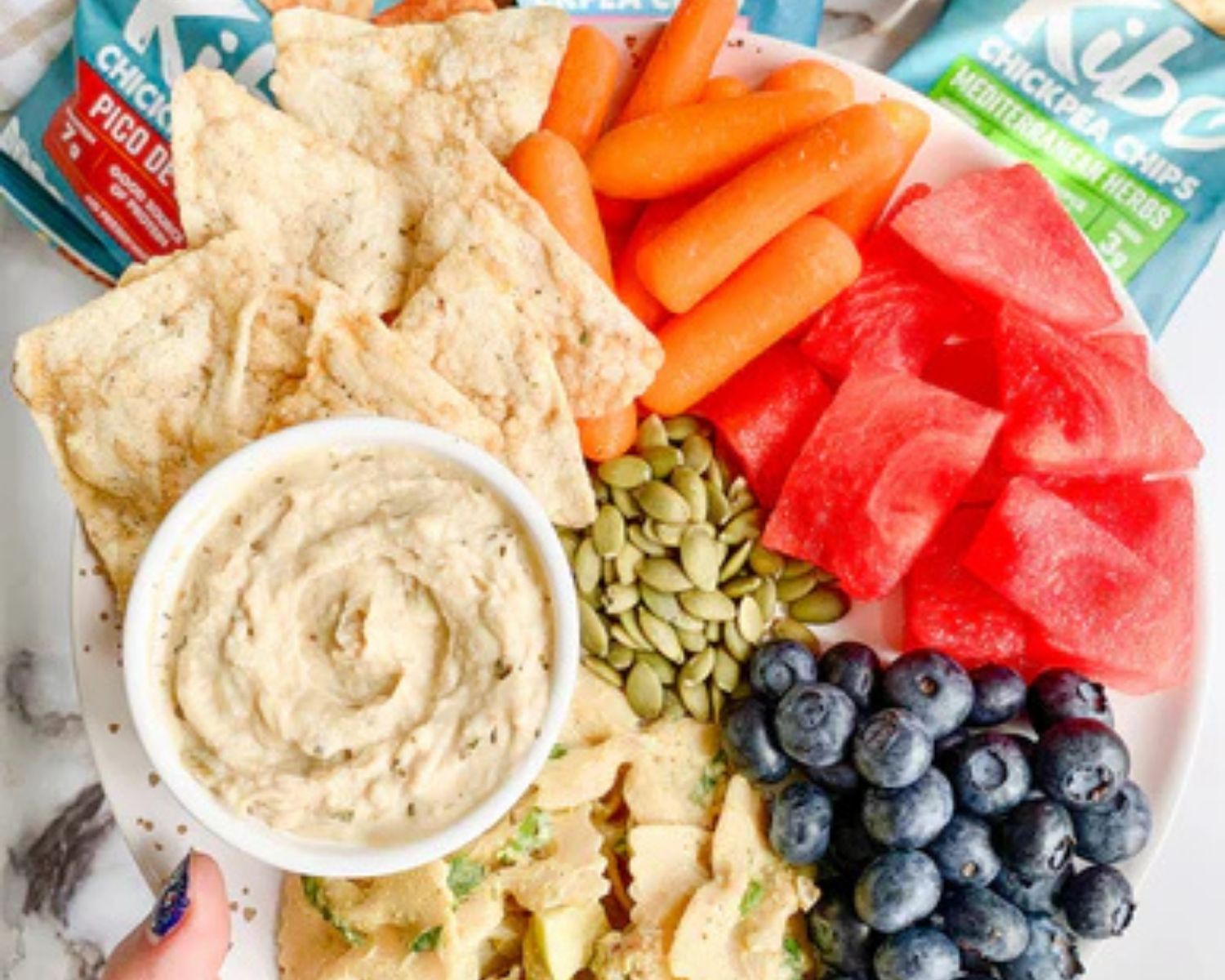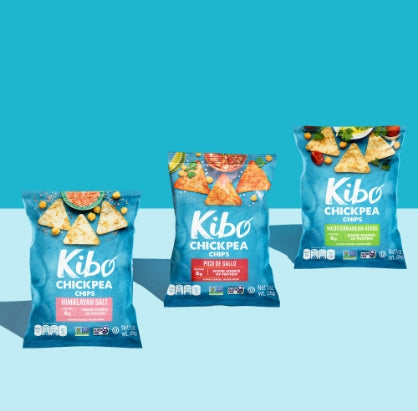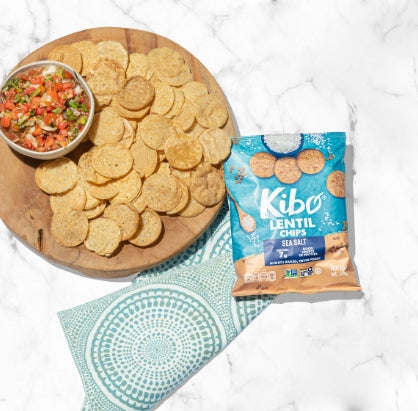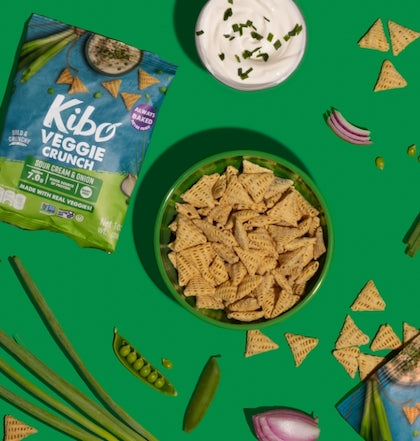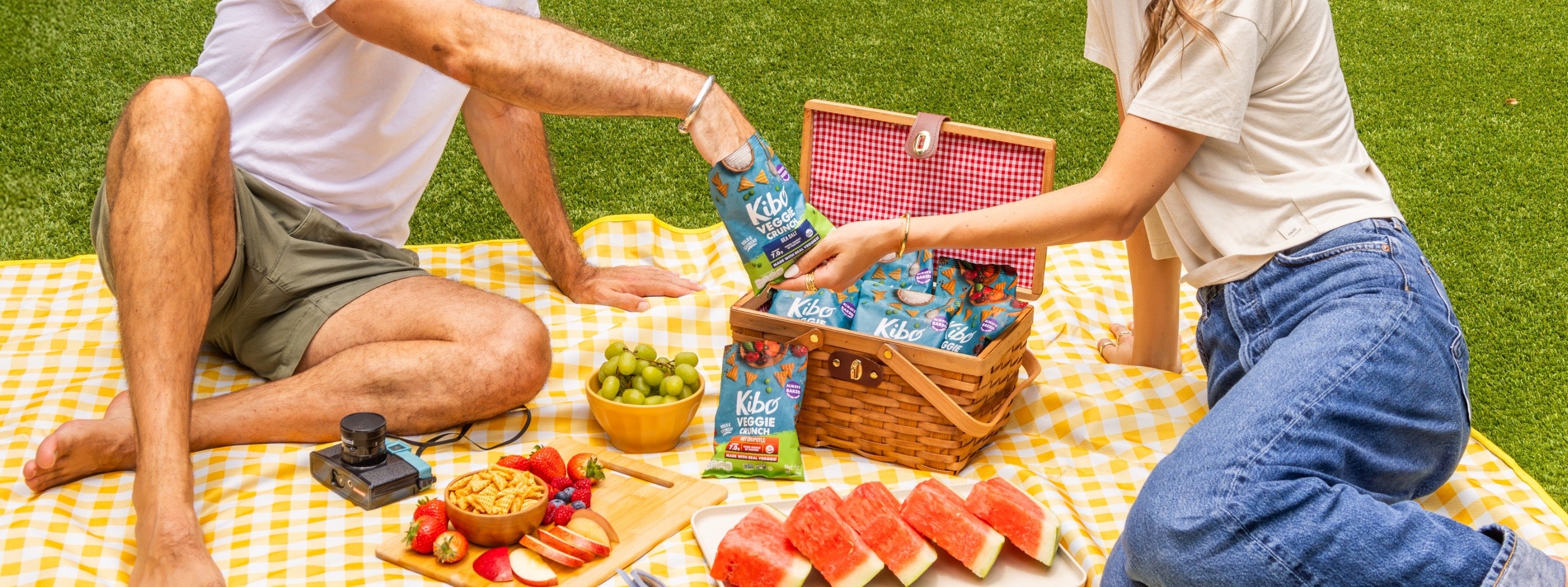The holidays are a great opportunity to reset for the coming year! With all the shopping, travel, decorating, wrapping, and cooking, this is a season that tends to be full of overconsumption and inevitable waste. But a little mindfulness with our choices can go a long way! If you’re looking to limit your environmental footprint this busy buying season, read on for ways to be more sustainable over the holidays.
Use compostable or upcycled decorations. It’s easy to get swept away with holiday decor, but there are some beautiful and classic ways to deck the halls that don’t include single-use plastic. A garland of dried orange slices looks beautiful hung on the mantle. A popcorn-cranberry festoon adds a pop of fun to your tree. Best of all, the kids in your family will love to make these with you. You can even pop the kernels on the stove to save on plastic.
Speaking of fun family crafts, upcycled peanut butter jars make cute snow globes, while salvaged twigs, pinecones, and fallen fir sprigs are perfect for winter decor projects.
Reconsider your candles while you’re at it. Everybody loves cozy seasonal candles for decorations or gifts, but it’s a shame to throw those empty vessels away when the candles are burned down. With DIY melt-and-pour wax, you can repurpose your candle jars over and over so there’s never any waste.

Consider a reusable tree—if you can keep it for over 10 years. We know, it goes against what we just said about less plastic. But the key word here is reusable. If you think about it, it’s kind of mind boggling how many trees and pumpkins we use as decor every year in our homes for only a few months tops. It’s a personal choice, but investing in a quality plastic tree you can use for a lifetime will help you cut down on your consumption—and cut down fewer trees!
Of course, it’s not a “cut” and dry issue, and real, locally farmed trees have their benefits too, but if you can reuse a plastic tree at least ten times, it could be a more sustainable decision than buying a real tree each year.
Bring plant-based foods to the table. Cutting down on meat is one of the top ways to reduce your environmental footprint any time of year, but holidays are a great time to recommit to your sustainable values and start new traditions based around sharing plant-based foods with your loved ones.
Our organic, vegan, non-GMO chickpea and lentil chips paired with your favorite festive dips are a crowd-pleasing alternative to charcuterie boards, Swedish meatballs, and pigs-in-a-blanket. Crushed over top of casseroles and mac-and-cheese, they add an extra boost of crunchy, kosher, plant-based protein to your holiday potluck.
Added bonus? Legumes and pulses like chickpeas and lentils are especially planet-friendly, with low water usage and nitrogen-fixing properties that are beneficial for the soil. Made using these crops, Kibo chips not only help you get more protein in than regular chips, they’re also a better choice for the environment.
From baked goods to hors d'oeuvres, there are hundreds of recipes on our blog and Instagram to help you get more Kibo nutrition into your holiday feasts this year!
Check in about gift giving. There’s so much pressure around gift giving, but it’s hard to know how much of that is self-imposed unless we have those conversations with our families. Christmas and Hanukkah gifts have become a deeply ingrained tradition, and that’s a-ok if everyone is on board.
Check in with your loved ones and ask if and how they want to do gifts that year. A Secret Santa exchange helps limit the number of gifts needed, or maybe there’s something else they’d like to try. An experience together, used book exchange, thrifted presents, or homemade gifts are all just as meaningful as buying someone a present in a box.
If you opt to do gifts, just avoid the gag gifts and novelty trinkets that are likely to end up in the trash, and try asking people what they actually want for the holidays. It doesn’t make you less thoughtful because you didn’t read their mind—it means that they’ll be happy with what they get, so nothing goes to waste. Gifting is also a great opportunity to introduce family and friends to reusable, sustainable products that can drastically reduce their single-use consumption.
Get creative with wrapping. Did you know that many conventional kinds of wrapping paper, like ones with glittery foil, can’t be recycled? Luckily, there’s no shortage of wrapping material around if you get a little creative. Save craft paper, tissue paper, boxes, bags and the crinkle cut confetti that come in shipments throughout the year. These are perfect to reuse as wrapping. Even your junk mail doesn’t have to be junk if you extend its life as wrapping paper for your gifts.
Looking for something even nicer? Use a cloth or other special object to present your present! The traditional Furoshiki gift wrapping method of Japan has grown in popularity as a way to avoid disposable wrapping paper. Attractive jars, scarves, stainless steel or bamboo bento boxes, and bags all make for great gifts-inside-a-gift. Secondhand baskets from your local thrift store are a fun base for gift baskets, too.
Sending someone a gift from afar? Consider saving on the packaging and shipping and sending them a digital gift card to their favorite restaurant, movie theater, workout subscription, meditation app, or sustainable shop.
Optimize your travel. The holidays are the busiest travel season of the year. We often think about our travel budgets in dollar amounts, but what about creating a travel budget for carbon too? We’re not telling anyone not to go visit their families this time of year, but it’s a good opportunity to think about other times when we could cut back on flying. Could an overseas business trip go online instead? Could you drive, or better yet, take a bus or train to that destination wedding?
Rethink your candy. Chocolate and candy are THE top gifts exchanged during the holidays, so why not make them more sustainable?
From stocking stuffers to advent calendars to Hanukkah chocolates to gingerbread house decorations, all those wrappers really add up. Instead of buying candy in wrappers, check out your local whole foods supplier, grocery, bulk, or refill store or candy shop. Buy your gumdrops, malt balls, peanut butter chocolate cups, and peppermints in bulk and give them as gifts in repurposed jars or tins.
Leave plant-based milk for Santa. Word has it Santa’s going vegan! Plant-based milks like almond milk, oat milk, or cashew milk are just as delicious as the stuff from cows, but their environmental impact is far lower.
Which one’s best? It’s complicated. If you’re looking at factors like water usage, land usage, carbon, etc. the non-dairy milk that comes out on top is going to differ. The main thing is that they’re all an improvement compared to traditional milk. Eggnog, milk punch, and milky hot cocoa are all opportunities to make a small switch that will taste just as cheery.
Of course, any time you can bake cookies for Santa or your Christmas cookie swap instead of buying them in plastic, you’ll go straight to the top of the nice list.

Carpool to the holiday party. Or better yet, walk! The more people you can pick up on your way to grandmother’s house, the more polluting fuel you’ll reduce. When possible, bundle up for a brisk walk together to the holiday party, neighborhood grocery store, and Christmas light tour. Not only will all the walking help reduce emissions, it will be nice to get a little exercise (and maybe some caroling!) in between eats.
Reconnect to your values. Above all, taking this time to reconnect with what’s important will help inspire you to live more sustainably year-round. After the dust has settled from the holiday sales and the hectic shopping, it’s a good chance to be close to our families or calm our minds.
This holiday season, go for a hike in nature to remember why you want to be more planet-conscious in the first place (don’t forget the Kibo chips for planet-friendly fuel). Pause to take inventory of where you could be more sustainable in your own life and come up with a New Year’s resolution you can commit to in January. Whether it’s eating a more plant-based diet, supporting small businesses, biking more (like our Regional Sales Manager, Chris!) , or reducing/reusing/recycling, we believe every step toward sustainability is a step in the right direction.
 Reviews
Reviews
